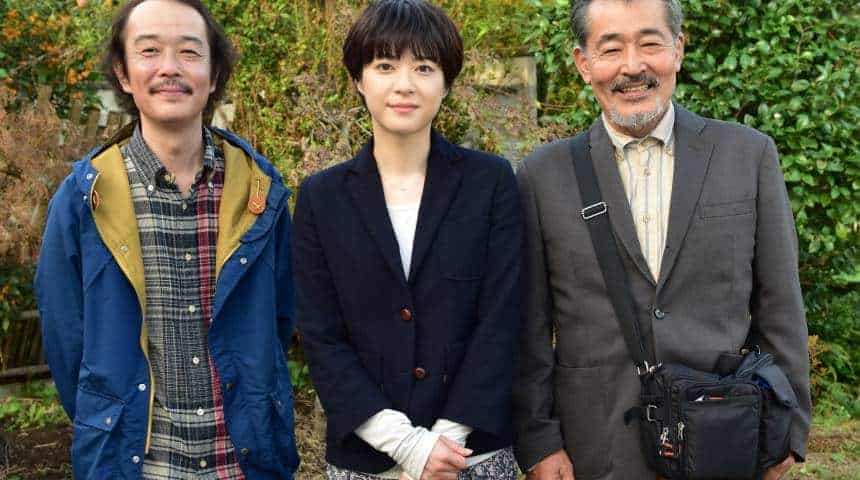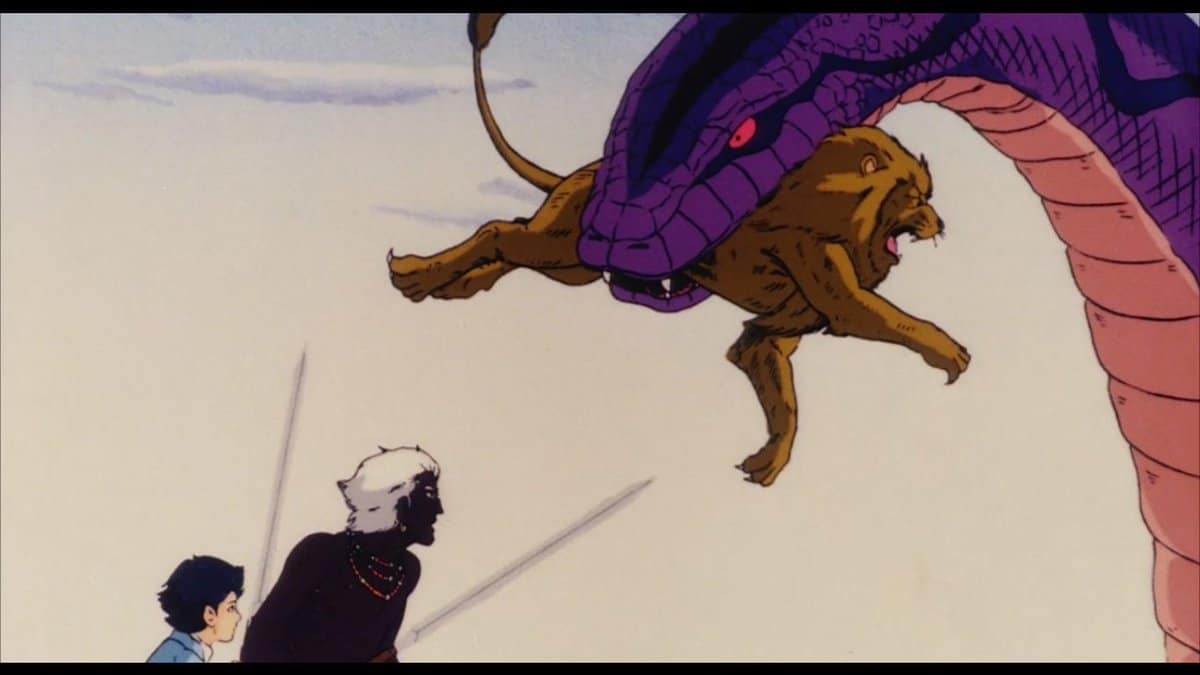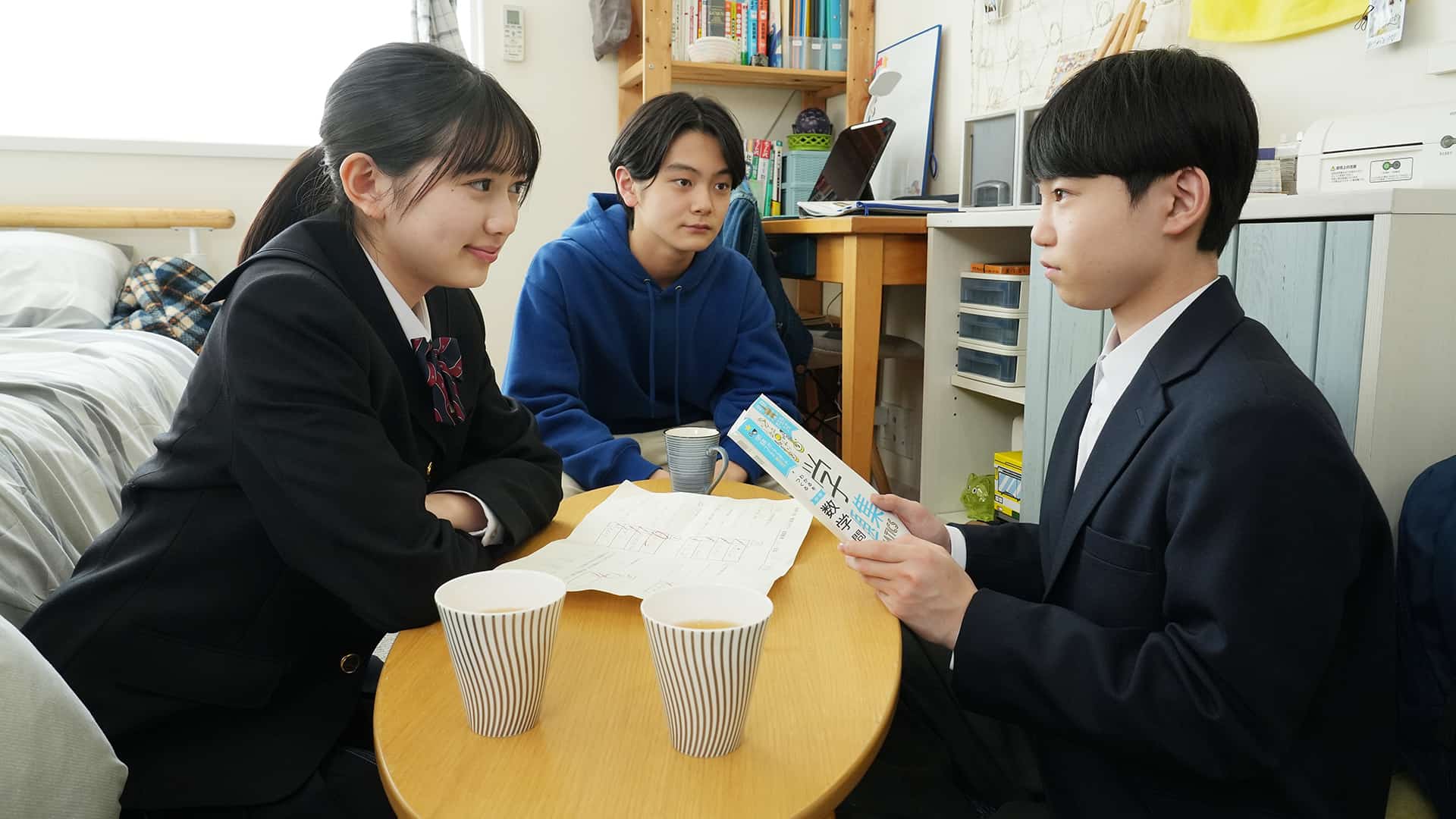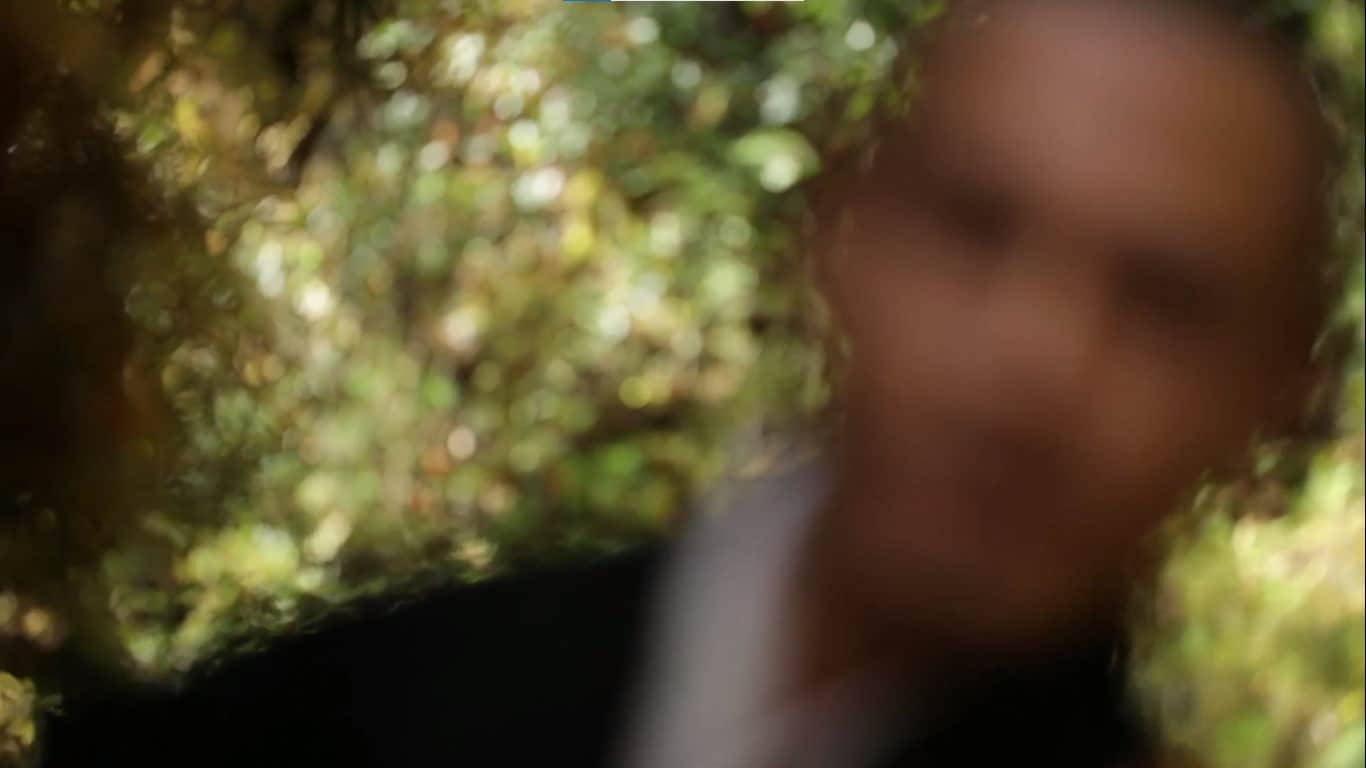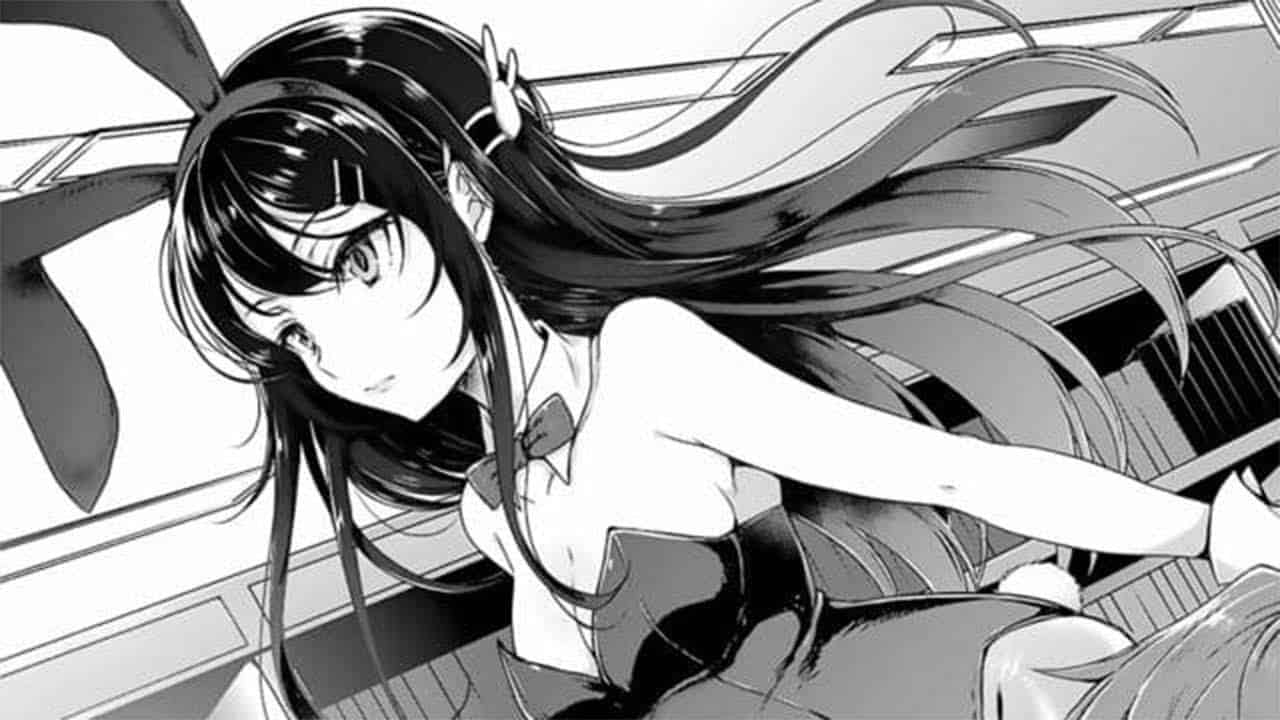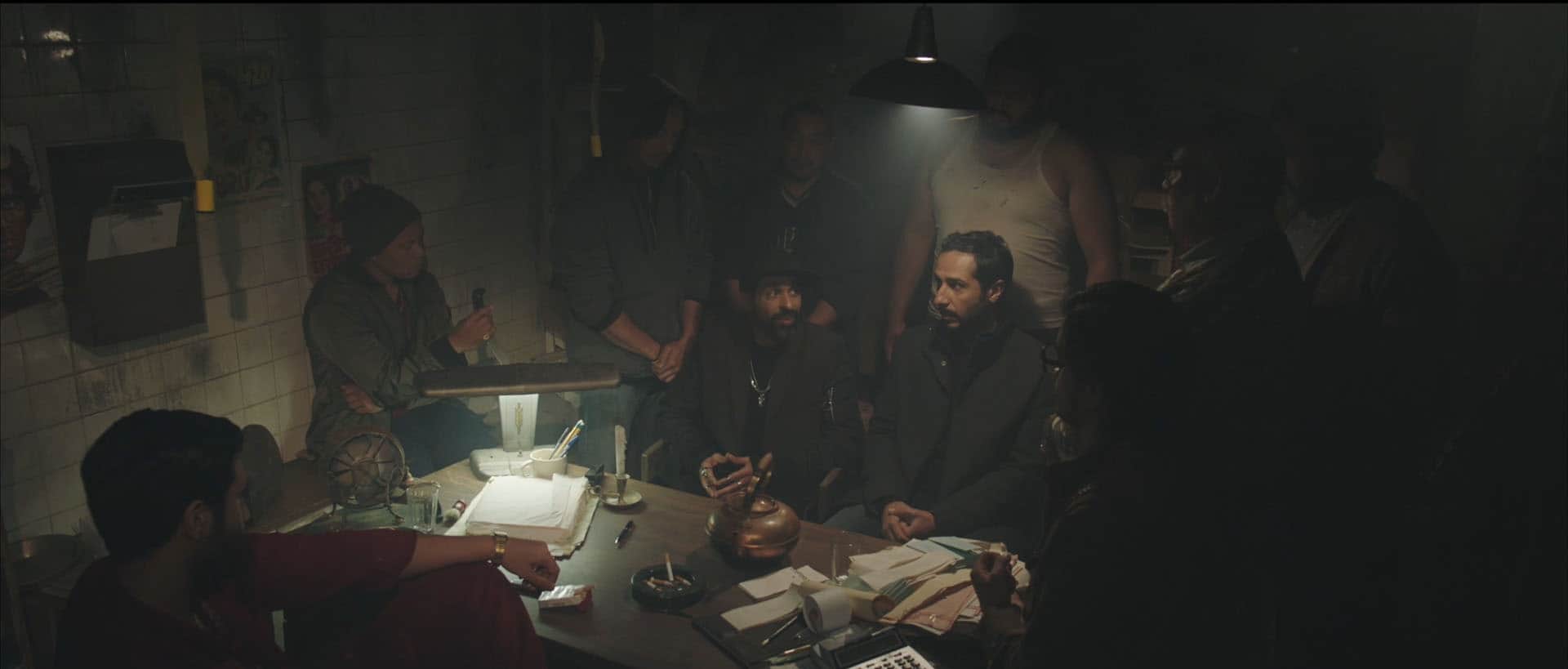I have to admit here, Yuki Tanada is one of the my favorite representatives of the contemporary Japanese indie, with films being like “Moon & Cherry”, “Ain't No Tomorrows” and “One Million Yen and the Nigamushi Woman” being among the main reasons I enjoy the category so much. “My Dad and Mr Ito” follows in same footsteps as the above films.
“My Dad and Mr Ito” screened at Japan Cuts
Aya is a 34-year-old woman, who, by the standards of the male-dominated, conservative Japan of the past (?), is the epitome of unsuccessfulness: she has a part-time job at a bookstore, she is not married or has any children, and she lives an unambitious but happy life with a man 20 years older than her, Mr Ito. The aforementioned standards come crashing upon her when her father decides to stay with the couple, after driving Aya's sister-in-law insane with his stubborn and very demanding attitude, as he does not hesitate to pass judgment and his demands, although he was not actually invited to their house. The relationship of father and daughter deteriorates soon enough, despite the constant peacemaker efforts of Mr Ito, who deals with his difficult “visitor” and his frustrated daughter in the coolest of ways. Eventually, father and children are forced to deal with their relationship, after a series of events and revelations.
Subscribe to AMP newsletter by clicking on the image below

Yuki Tanada directs a very sensitive adaptation of the homonymous novel by Hineko Nakazawa, through a very entertaining combination of subtle comedy and meaningful drama. The focus of the film is on the generation gap between the traditional/conservative previous generation and the current one, whose members do not seem to know exactly what they want from their life, apart from some peace and quiet. This relationship is presented mostly through a number of comedic episodes, and one dramatic scene that takes place in the old family house, which is the strongest in the whole film. This scene is also the highlight of Ryo Ohtsuka's cinematography and the use of light in the movie, particularly in the scene with the spoons.
In this context, Mr Ito's presence could have been the main source of comedy through some confrontations with the father, but, actually, his role is that of the catalyst that leads to the solution of the issues among the family members. In that fashion, Lily Franky is great once more in the role, highlighting the necessity of a character that can be cool and strict according to the situation. Juri Ueno is also quite good as the somewhat eccentric Aya, as she exemplifies her character's frustration and the bottled up feelings she has to struggle with. Tatsuya Fuji plays the part of the grumpy old man to perfection, although the scenes where he acts differently are the highlight of his performance.
The solution the movie provides derives from a topic that has been the center of much discussion recently: the fact that the Japanese do not talk about or show their feelings. The solution in this case is exactly that: sincere dialogue with no restrictions. At the same time though, I felt that the conclusion is a bit conservative and even melodramatic in its presentation, at least in comparison with the previous films by Tanada. Perhaps the fact that the movie is not based on her own script played its role.
Apart from the above, the film moves in the familiar ways of the Japanese indie: realism, slow and uneventful pace, very little music, and great attention to detail.
“My Dad and Mr Ito” is a great sample of the contemporary Japanese indie, which is bound to be enjoyed by the fans of the category.


